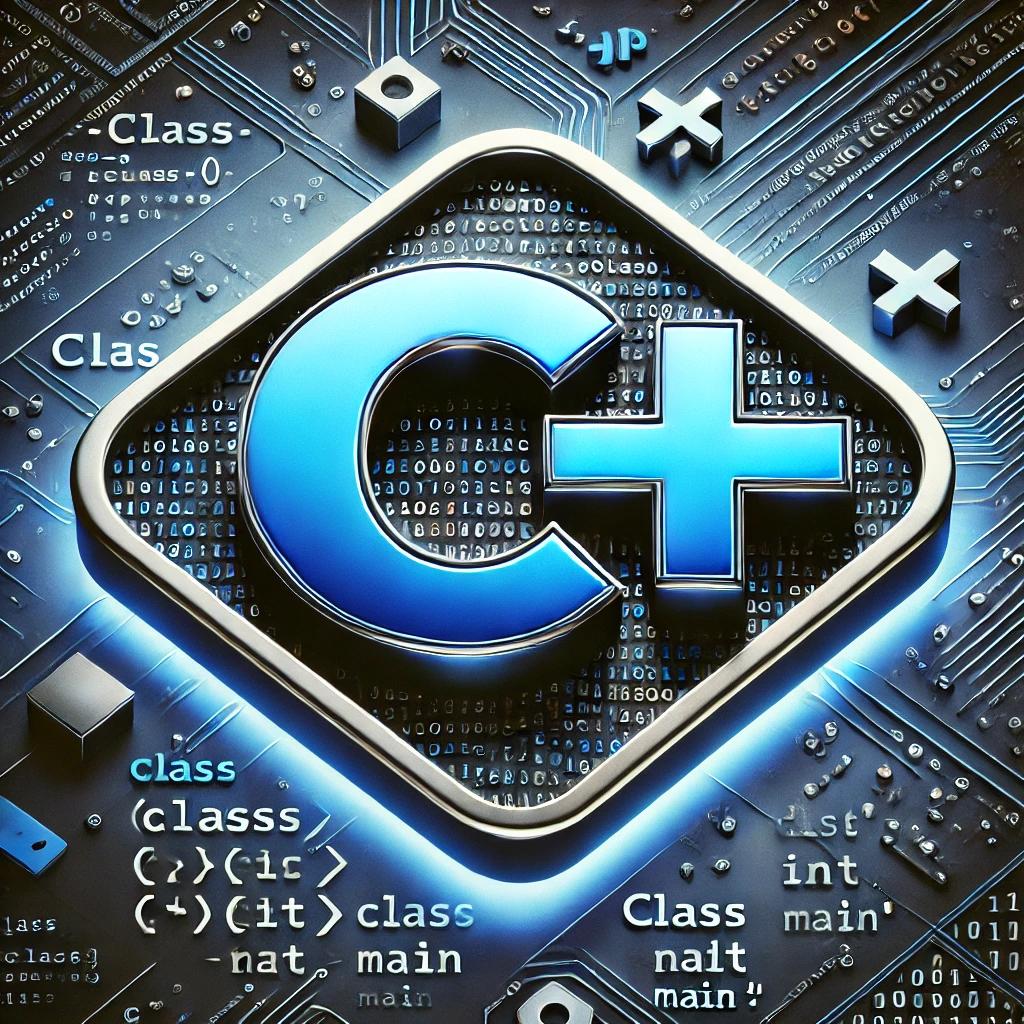
Amr Tarek
Engineering Innovation
 © 2025 All rights reserved.
© 2025 All rights reserved.

C and C++ Functions
In C and C++, operators are special symbols that represent computations or operations that are performed on variables and values. They are categorised based on the number of operands they work on (unary, binary, or ternary) and their functionality. Here's a comprehensive list:
Arithmetic
- Unary:
+: Unary plus-: Unary minus++: Increment--: Decrement
- Binary:
+: Addition-: Subtraction*: Multiplication/: Division%: Modulus
int a = 1;
// prefix
int b = ++a; // b = 2 , a = 2
// postfix ()
b = a++; // b = 2, a = 3 Pre increment
++iis more efficient than the Post incrementi++, because post increment needs to make a copy of the value then increment and the return the value before increment the copy.Comparison (Relational)
all of these operators return true or false.
==: Equal to!=: Not equal to>: Greater than<: Less than>=: Greater than or equal to<=: Less than or equal to
Logical
&&: Logical AND||: Logical OR!: Logical NOTBitwise
&: Bitwise AND|: Bitwise OR^: Bitwise XOR (Exclusive OR)~: Bitwise NOT<<: Left shift (multiply by 2)>>: Right shift (divid by 2)
Assignment
=: Simple assignment- Compound assignment operators
+=: Add and assign-=: Subtract and assign*=: Multiply and assign/=: Divide and assign%=: Modulus and assign&=: Bitwise AND and assign|=: Bitwise OR and assign^=: Bitwise XOR and assign<<=: Left shift and assign>>=: Right shift and assign
Preprocessor
#: Stringizing operator (converts macro parameter to a string)##: Token-pasting operator (concatenates two tokens)
Precendence
| Operator Type | Operators |
|---|---|
| Parentheses | () |
| Exponentiation | ** |
| Unary Plus, Minus | +, - |
| Multiplication, Division, Modulus | *, /, % |
| Addition, Subtraction | +, - |
| Bitwise | <<, >>, &, ^, | |
| Comparison | <, <=, >, >= |
| Equality | ==, != |
| Logical | &&, || |
| Ternary | ? : |
| Assignment | =, +=, -=, *=, /=, %=, <<=, >>=, &=, ^=, |
Functions in C and C++ are essential building blocks of programs, enabling code modularity, reuse, and clarity. It is better to use it to don't repeat yourself, by avoiding duplication of the code. While the fundamental concepts are similar in both languages, there are some differences due to C++ being an object-oriented language. Let's explore functions in both languages.
Basics
A function is a block of code that performs a specific task.
return_type function_name(parameters) { // code return value; // if return_type is not void }
int add(int a, int b) {
return a + b;
}To use a function you need to call it, but the compiler needs to know it before you use it, that names Declare it, and somewhere in your program you have to implement it, so this is called define it.
Function Declaration (Prototype)
Declares the function before its use in the code
return_type function_name(parameters);
int add(int, int);Function Definition
This is where the actual code of the function is written
int add(int a, int b) {
return a + b;
}Function Call
Functions are called by their name followed by parentheses enclosing arguments (if any).
int sum = add(5, 3);Parameter Passing
- Pass by Value: The function gets a copy of the arguments (default in both C and C++).
- Pass by Reference (C++ only): The function gets a reference to the actual argument.
void modifyValue(int a) { a = 10; // This won't change the actual variable. }Example in C++ (Pass by Reference)
void modifyValue(int &a) { a = 10; // This will change the actual variable. }
Default Arguments (C++ Only)
C++ allows functions to have default arguments
int add(int a, int b = 10) {
return a + b;
}
int c = add(1); // c = 11
int d = add(1, 20); // d = 21